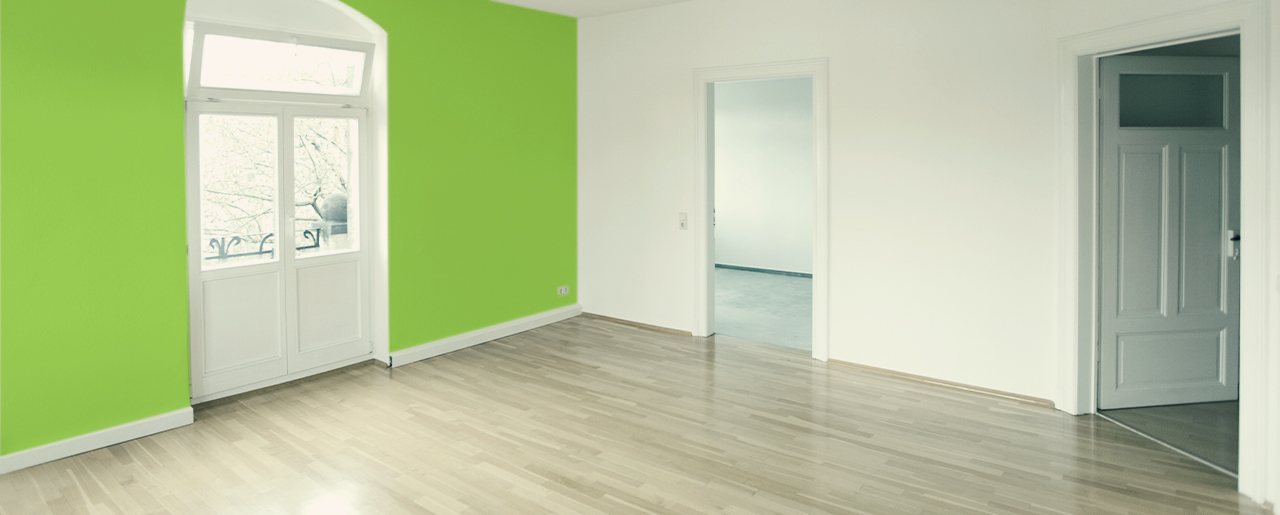
Theft, fire, water damage, vandalism: the risks a vacant home poses for an insurer are numerous.
Regardless of the type of dwelling that homeowner’s insurance aims to protect, whether a house, condo, cottage or apartment, the rule is always the same: any dwelling vacant for more than 30 consecutive days will not be covered by your insurer in the event of a loss.
To help you avoid the worst, Assurances Multi-Risques has decided to offer you its best insurance advice for vacant homes in this article! A short read that could save the day for you!
Unoccupied or vacant home?
An unoccupied home refers to a residence whose inhabitants are absent for a fixed period of time. The house will be inhabited again by its residents at a future date. For example, a retired couple who, in a COVID-free world, leaves their principal residence in Quebec to spend a warm winter at their secondary residence in Florida. They will come back to live in their home in Quebec the following spring, at the same time as the monarch butterflies, ducks and Canada geese.
A house is said to be “vacant” when the residents leave the premises without intending to return, whether their possessions are still stored there or not. Note that a newly built dwelling can also be considered vacant when it is not inhabited between the time the construction work is finished and the time the new residents move in!
Insuring an unoccupied or vacant home
Every home insurance policy contains a clause that specifies, as we mentioned previously, that any loss or damage occurring while your residence is, to your knowledge, vacant for more than 30 consecutive days is not covered.
In other words, if loss or damage should occur in your home, your insurance company would refuse to compensate you. That’s why it is CRUCIAL to inform the carrier insuring your home or your insurance broker of any change of occupancy of your residence; otherwise, you will not be covered.
Your insurer can refuse to insure your vacant dwelling.
In fact, once your insurer is informed of the change of occupancy of your residence to “vacant dwelling”, they can agree or refuse to insure your vacant house.
If your insurer agrees to cover your vacant immovable, they will add an “authorization endorsement” or “vacancy permit” to your home insurance policy, which will allow you to leave your home vacant for a fixed period of time and be covered in the event of loss or damage. An additional premium will, of course, be added to your policy and vandalism, water damage and glass damage will be excluded from your coverage.
Civil liability—always necessary
Whether you own a home, a cottage or a building, civil liability insurance is included in your home insurance policy. It is governed by law, and in Quebec, it is the Civil Code of Quebec that regulates it.
So even if your dwelling is vacant, never cancel your home insurance policy, because it contains your civil liability insurance. If the young neighbour who delivers your newspaper or the mail carrier is seriously injured on the steps to your house in winter because you had not maintained them, you would be protected against legal proceedings for negligence!
DID YOU KNOW?
Civil liability insurance covers you not only for the premises of the insured dwelling, but it also follows you throughout the world, in all your activities!
To conclude
If you want to find out more and avoid insurance problems, we strongly recommend that you contact an independent insurance broker who does business with many insurers specializing in insurance for vacant and unoccupied homes. Your broker will be able to advise you and find an insurer for you who specializes in this type of occupancy.
In the meantime, here are a few additional tips that will help you avoid problems!
Insurance tips:
- Regularly visit the premises of your vacant residence or have a friend, concierge or specialized agency monitor it;
- Be discreet and don’t announce your departure on social media;
- Turn off your home’s water supply and drain the pipes (because water damage is excluded from your home insurance policy when your home is vacant!);
- Keep the house heated during the winter to prevent pipes from freezing;
- Make sure snow is cleared from the driveway in winter;
- Have the grounds of your vacant home maintained on a regular basis;
- Opt for automatic lighting mechanisms to turn your lights on and off;
- Keep curtains on the windows to maintain a certain level of privacy;
- Use Canada Post’s hold mail service.